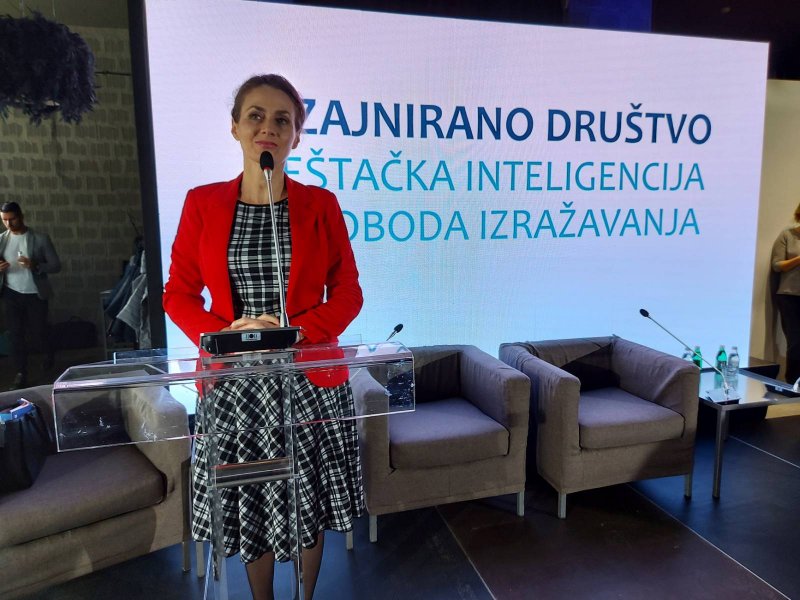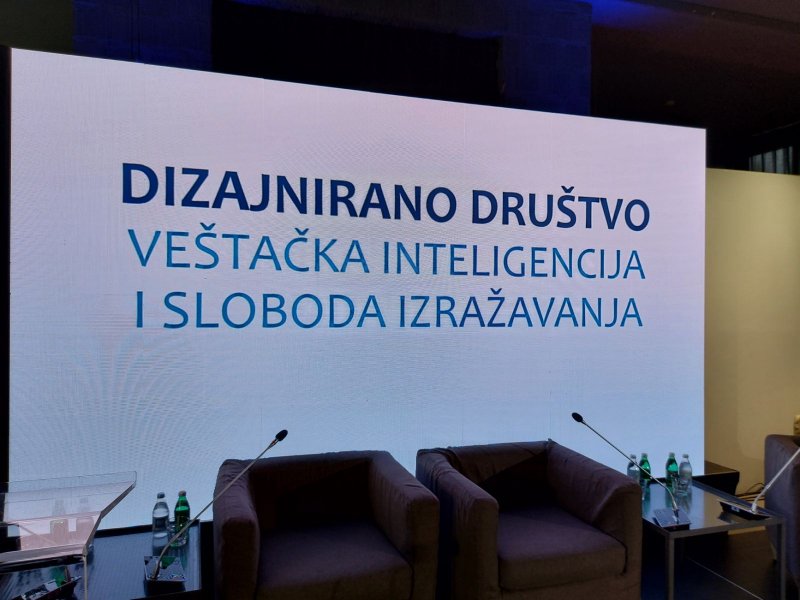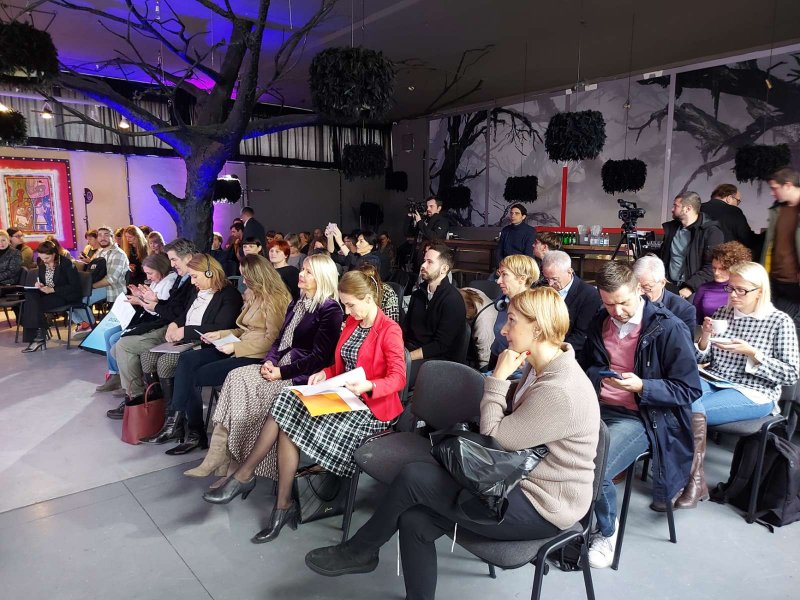The use of artificial intelligence is part of the future of work, which brings numerous opportunities, but also challenges, the vast majority of which may have an impact on the violation of the right to the prohibition of discrimination, said the Commissioner for the Protection of Equality, Brankica Janković, at the conference “Designed society – artificial intelligence and freedom of expression”, which was organized by the OSCE Mission to Serbia and the Ministry of Information and Telecommunications.
The implementation of the digitization process must put people at the center of attention, in order to allow progress to be used equally by all members of society, thereby preventing the application of artificial intelligence from being a factor that will make groups at increased risk of social exclusion even more vulnerable, the Commissioner stated. This primarily refers to the field of work and employment, because it is already certain that many existing occupations will become unnecessary, which may create a class of so-called “useless” people, added Janković.
The Commissioner pointed out that the bias of artificial intelligence is another big problem faced not only by individuals, but also by companies, digital platforms, and state institutions that use algorithms in business. According to data from a report by the company DataRobot, prepared in cooperation with the World Economic Forum, more than a third of surveyed organizations experienced a negative impact on business due to the appearance of bias in their algorithms.
On the other hand, artificial intelligence already significantly contributes to the protection against discrimination and the promotion of equality, which can be seen in the example of the system for automatic content moderation, Janković states. Despite the fact that artificial intelligence does not always understand the context of the publication, which is why it sometimes deletes what it should not, systems for removing content are really necessary, given the flood of hate speech and fake news, Janković said.
From all this, it follows that, when it comes to the development of artificial intelligence, cooperation, and coordinated efforts are necessary at all levels, because this is the only way we can ensure that digital technologies are a “good servant” and not a “bad master”, the Commissioner concluded.
The conference was opened by Mihailo Jovanović, Minister of Information and Telecommunications of the Republic of Serbia, Jan Braathu, Head of the OSCE Mission to Serbia, and Teresa Ribeiro, OSCE Representative for Media Freedom.




